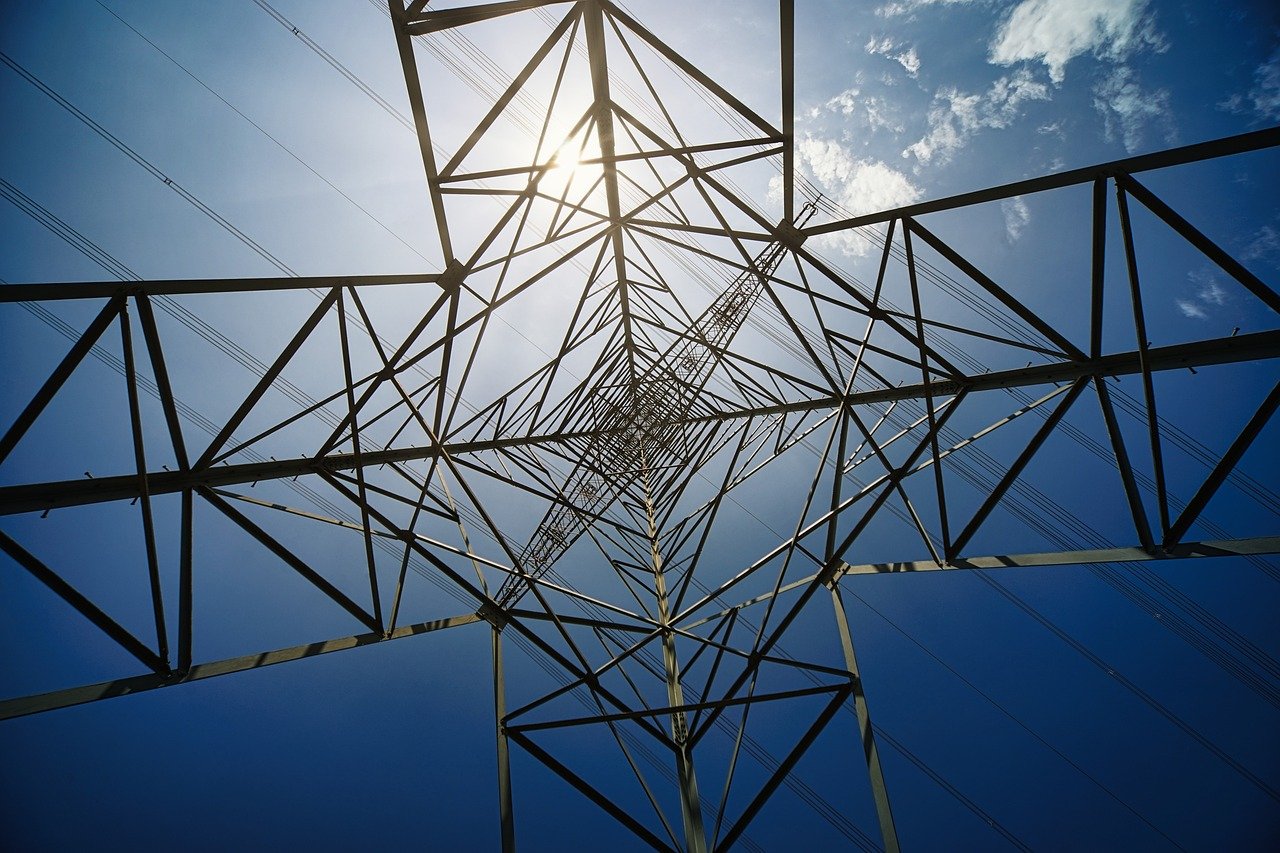Ren Daming, researcher at Zero Carbon Research Institute, Beijing News
In the current economic environment, efforts to conserve energy and reduce carbon emissions should be made with a focus on minimizing economic costs while not disrupting regular industrial operations and economic progress. This requires the establishment of appropriate cost constraint and price transmission mechanisms.
To begin with, there is an urgent need to rapidly integrate the steel, petrochemical, non-ferrous metal and construction materials sectors into the national carbon market. Through market-based means, the imposition of carbon emission costs on energy-intensive industries would incentivize companies to accelerate their equipment upgrades or transition to more sustainable energy sources, thereby advancing the energy conservation and carbon reduction agenda. It is also necessary to change the energy consumption patterns of such enterprises through power pricing strategies, such as refining the pricing mechanism in the electricity market, eliminating price advantages for high-energy-consuming industries, and implementing time-of-use electricity pricing policies.
In addition, it is important to ensure a seamless price transmission mechanism between the production and consumption sectors so that changes in electricity and carbon prices can influence consumer behavior. For example, the carbon compliance costs paid by electricity companies covered by the national carbon market cannot currently be passed on to end users. This distorts price signals in the electricity market and disincentivizes users from actively participating in energy efficiency and carbon reduction.



